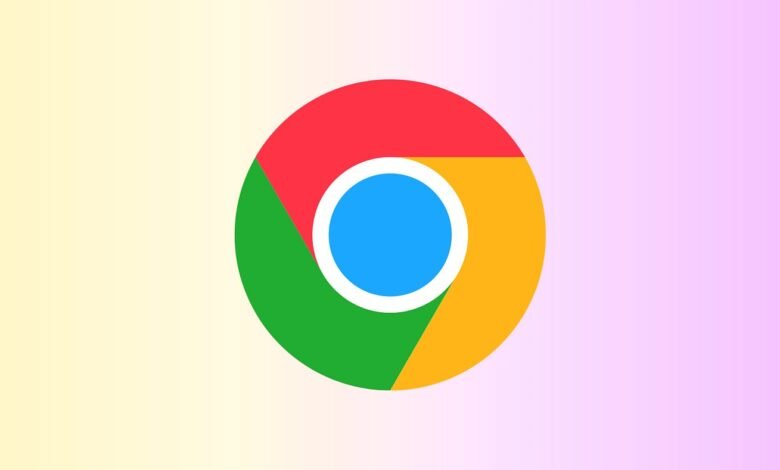Google plans to remove outdated Chrome extensions in 2024.

Since its inception more than two years ago, Google has been developing Chrome extensions in the Manifest V3 format, with the intention of eventually replacing the Manifest V2 format within a few months. This procedure has taken considerably longer, but a new deadline has been established for the removal of outdated Chrome extensions.
The new software platform for Chrome extensions, Manifest V3, is designed to increase the speed, dependability, and security of extensions. However, it lacked numerous features that were required by certain extensions; consequently, the decommissioning of Manifest V2 was halted. Over the past year, Google has been diligently striving to address the deficiencies, and at present, there are “no open issues that are regarded as critical platform gaps.”
Google has reinstated the Manifest V2 extension decommissioning countdown. The organization stated in a blog post, “As of June 2024, Chrome 127 and later will disable Manifest V2 extensions in pre-stable versions of Chrome (Dev, Canary, and Beta). The deployment will result in an automatic disablement of Manifest V2 extensions in affected individuals’ browsers. Furthermore, they will be unable to install Manifest V2 extensions from the Chrome Web Store. Additionally, Manifest V2 extensions that presently possess a Featured badge in the Chrome Web Store will have it removed in June 2024.
Numerous well-known Chrome extensions ought to have already been updated to Manifest V3, but the Chrome Web Store page for each extension does not provide a means to verify this. However, by visiting chrome://extensions and looking at the “Inspect views” section for the extension, it is possible to ascertain whether an installed extension has received an update. The label “service worker” designates a Manifest V3 extension, while the remaining labels (typically “background page”) denote that the extension has not yet undergone an update.
Sadly, the transition to Manifest V3 will put an end to a minimum of several browser extensions. Updating an extension is typically a simple process; however, there are a few extensions that have been discontinued from the Chrome Web Store for years and may not receive an update prior to termination enforcement.
Additionally, Google stated in its blog post, “We will gradually roll out this change, gathering user feedback and collecting data to make sure Chrome users understand the change and what actions they can take to find alternative, up-to-date extensions.”





